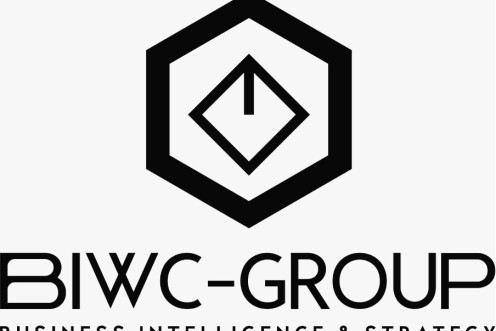Cameroonian curator Koyo Kouoh, the head of the top contemporary art museum in Africa and first African woman appointed to lead the Venice Biennale, has died Saturday, the Zeitz MOCAA museum said.
Pakistan and India agreed Saturday to a full and immediate ceasefire after days of deadly jet fighter, missile, drone and artillery attacks, the news surprisingly announced by US President Donald Trump, who congratulated them on using "common sense".
Ecuador's president declared three days of national mourning starting Saturday over the deaths of 11 soldiers who the army said were killed by dissident FARC guerrillas in an ambush near the Colombian border.
Along with the spiritual leadership of the world's 1.4 billion Catholics, Pope Leo XIV now inherits oversight of the Vatican's shoddy finances -- and his predecessor's efforts to clean them up.
In the first foreign tour of his second term, US President Donald Trump will arrive in Saudi Arabia on Tuesday before visiting Qatar and the United Arab Emirates.
China said Saturday that consumer prices slumped in April for the third straight month, reflecting persistent challenges as leaders attempt to revive an economy stymied by sluggish spending and a fierce trade war with Washington.
The leaders of France, Britain, Germany and Poland will make an unprecedented joint visit to Ukraine on Saturday for talks with President Volodymyr Zelensky, vowing to ratchet up pressure on Russia until it agrees a ceasefire.
German Holocaust survivor Margot Friedlaender, who has died at the age of 103, won plaudits at home and abroad for her tireless efforts to foster reconciliation and understanding.
A posse of turban-clad soldiers perched on "ships of the desert" may conjure images of the past but Mauritania's camelback cavalry play a vital role in the fight against jihadism today.
NATO chief Mark Rutte wants member countries to agree at a summit in June to reach five percent of GDP on defence-related spending by 2032, Dutch premier Dick Schoof said Friday.
The United States' measles outbreak has surpassed 1,000 confirmed cases with three deaths so far, state and local data showed Friday, marking a stark resurgence of a vaccine-preventable disease that the nation once declared eliminated.
Switzerland will once again Friday try to talk its way out of punitive tariffs on its exports to the United States, which would have serious ramifications for Swiss jobs and businesses.
An English court found two men guilty on Friday of the "deliberate and mindless" felling of one of the UK's most iconic trees, an incident that sparked national outrage.
IAG, owner of British Airways and Spanish carrier Iberia, announced Friday a multi-billion dollar order for Boeing and Airbus planes, as it maintained its outlook despite economic uncertainty.
Japanese electronics giant Panasonic, which supplies batteries to Tesla, said Friday it will target 10,000 job cuts worldwide as part of efforts to boost profitability.
Revenues at Germany's second-biggest lender increased almost 12 percent to 3.1 billion euros, boosted by better than forecast interest and commission income.
An Australian woman accused of triple murder with a toxic mushroom-laced beef Wellington had rarely invited her four guests to eat at her home before, a court heard Friday.
China said Friday sales to the United States slumped last month while its total exports topped forecasts, as Beijing fought a gruelling trade war with its superpower rival.







































